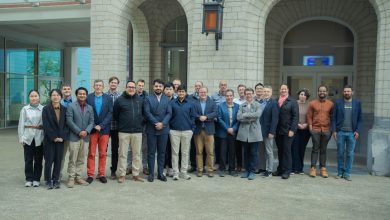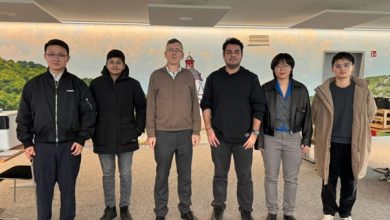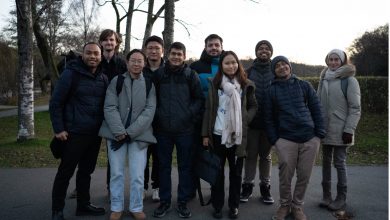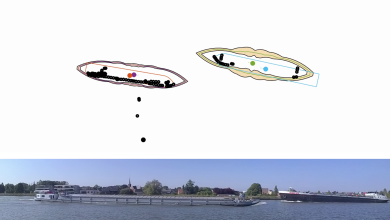Inland Shipowners’ Practical Knowledge Positioning on the Autonomous Inland Shipping Innovation Adoption
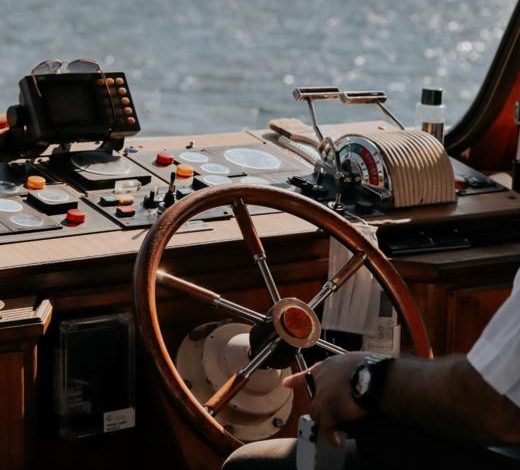
The autonomous ship’s innovation can potentially disturb the current inland shipping industry. Rogers (2003) describes innovation as an idea, practice, or object perceived as new by individuals. Moreover, he argues that each innovation is unique and has its own characteristics. Therefore, it is essential to highlight its strong personal value to the industry, the practical knowledge of the inland shipowners.
Practical knowledge means either knowledge without observation or knowledge of how to perform a specific task (Setiya, 2008). Practical knowledge is gained from direct involvement experience. It is personal and untransferable but can be learned and relational (Guzman, 2009). Theoretical knowledge is contrary to practical knowledge, which teaches reasoning, techniques, and theory of knowledge (Bourdieu, 1973). Most social problems happen when there is a gap between practical and theoretical knowledge (Bereiter, 2014). Thus, recognizing practical knowledge in this study’s philosophical standing is essential as its theory is based on individual intention towards changes or acts.
Know-how skill has been the most vital skill to survive in the industry. As the biggest mover in their industry toward changes, inland ship owners’ intentions and behavior are crucial to study to promote innovation adoption. They have practical knowledge shaped by years and generations of experience.
One of the AUTOBarge project’s objectives is to understand this phenomenon. Together with the industry partners, the AUTOBarge project will discover the industry’s dynamic. ESR13 will collect primary data from inland shipowners of the Rhine River.
Follow the AUTOBarge project for the result and more studies like this!
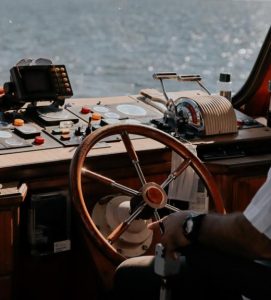
An article by Dhaneswara Al Amien.
References
- Bereiter, C. (2014). Principled Practical Knowledge: Not a Bridge but a Ladder. Journal of the Learning Sciences, 23(1), 4–17. https://doi.org/10.1080/10508406.2013.812533
- Bourdieu, P. (1973). The three forms of theoretical knowledge. Social Science Information, 12(1), 53–80. https://doi.org/10.1177/053901847301200103
- Guzman, G. (2009). What is practical knowledge? Journal of Knowledge Management, 13(4), 86–98. https://doi.org/10.1108/13673270910971851
- Rogers, E. M. (2003). Duffusion of innovations (Fifth edit). Free press.
- Setiya, K. (2008). Practical Knowledge. Ethics, 118, 388–409.
- Stopford, M. (1997). Maritime Economics Second Edition. http://www.amazon.com/Maritime-Economics-Second-Martin-Stopford/dp/0415153107

